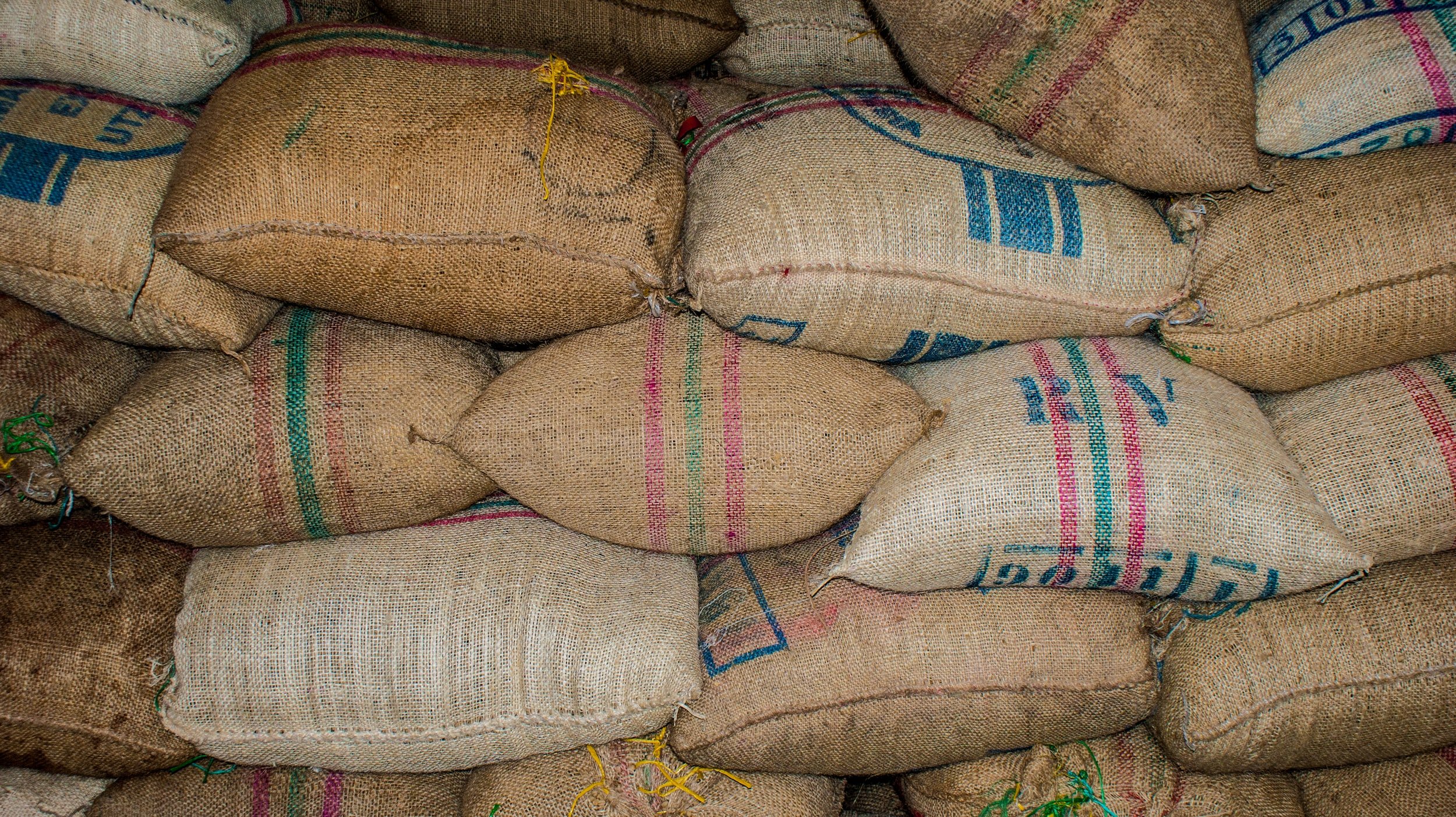
Books
The Ukraine War exposed things about the West that were not altogether clear before the conflict began.
The Ukraine War opened a window onto a shifting global landscape and revealed some hard truths. Globalization is dead. The US empire is collapsing. Its European allies are at risk of fading into irrelevance. Anchored by rising powers in Asia, Latin America, Africa, and Eastern Europe, a new global economic and political system is emerging to replace the old order. The war drags on; but it is already over. The failure of the West to understand and adapt has only lent speed to its decline.
Created by a skeptic for other skeptics, How the Ukraine War Broke the West is a collection of short essays that draw on hundreds of international sources to document the course of the war in realtime. It undermines mainstream Western media narratives, confronts government and corporate propaganda, and helps readers get a better sense of the geopolitical risks and opportunities that lie on the road ahead.
Finally. A textbook that helps students think for themselves.
Global Politics: A Toolkit for Learners is a unique resource for students of international studies, global politics, and political economy. Each chapter presents a primary source to introduce students to new concepts, actors, institutions, countries, historical periods, and issues central for developing a robust understanding of the international arena. The primary sources are authored by a diverse group of thinkers, ranging from civic leaders and heads of state to scientists, journalists, prisoners, and dissidents. They are drawn from different historical periods and regions of the world, and include speeches, treaties, charters, declarations, letters, and more. But—each chapter also helps students practice, develop, and refine skills and habits for lifelong learning, from active reading and critical thinking to metacognition and time management. This book doesn’t just teach students about global politics. It helps them develop the tools they need to think for themselves.
1 in 5 people on Earth is a smallholder farmer.
Twenty-five million smallholder coffee farms around the world produce the majority of the world’s coffee. Most of these farms are just a few acres in size, and the families who own and work on them often rely on coffee sales as their primary, if not sole, source of cash income. The movement of coffee prices in global markets determines how much coffee farming families have to eat, whether medical treatment can be sought if someone falls ill, and whether children can attend school. Unfortunately, farmers themselves have little control over prices in the markets they rely on for survival. More and more, these prices are determined by bankers, traders, speculators, and exchanges trading commodity price risk in global futures and options markets. Derivatives and Development is about coffee and coffee farmers, the role of the financial sector in determining and destabilizing coffee prices, and how price volatility can be better managed to ensure stable and secure incomes and livelihoods for some of the worlds’ poorest people



